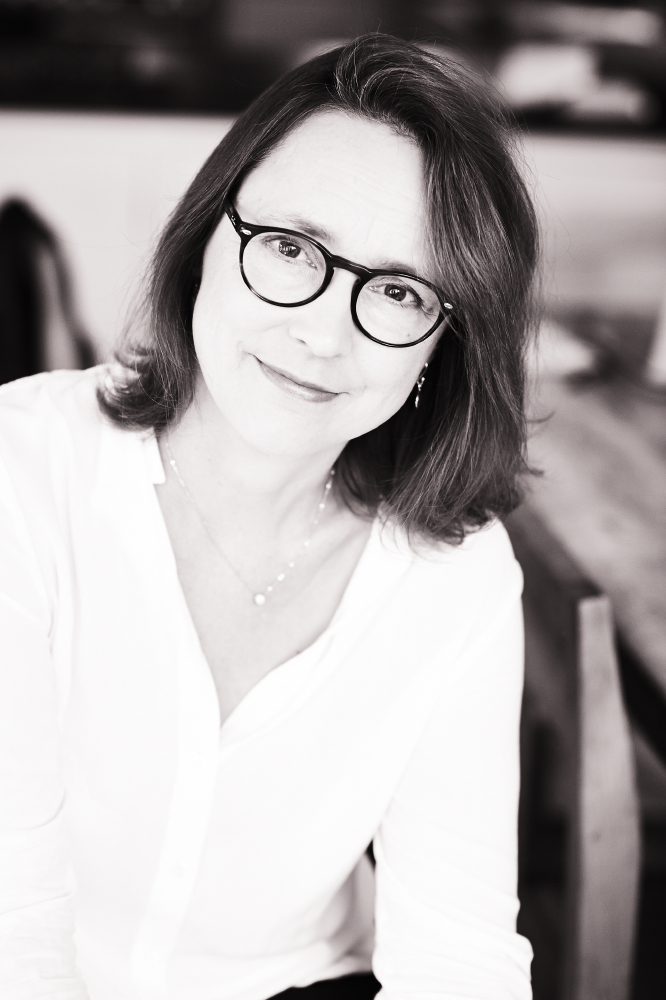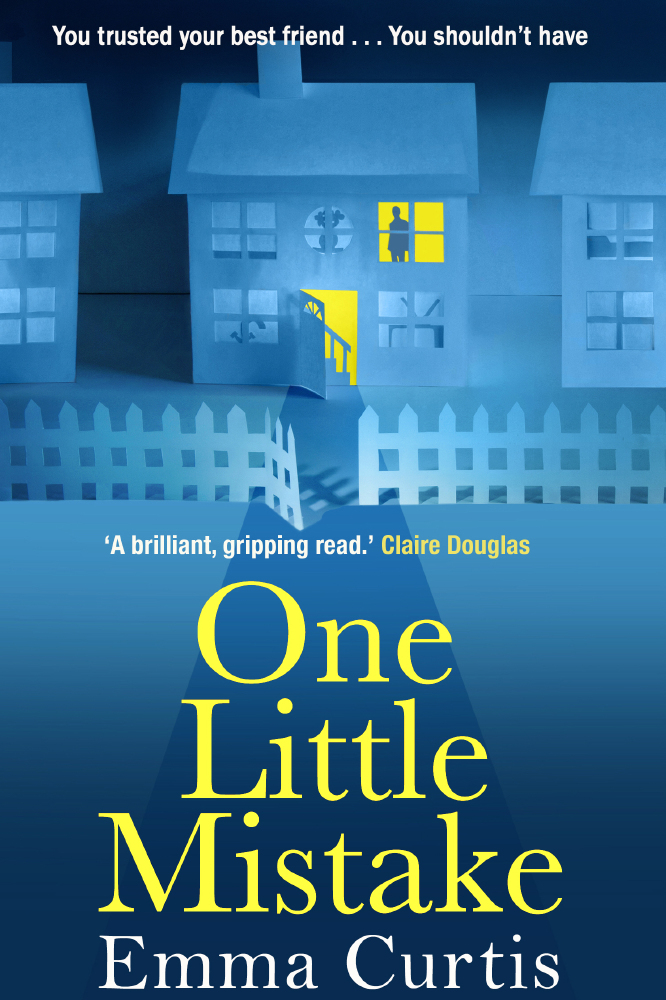Upon the release of her new novel One Little Mistake, author Emma Curtis tells us a little bit more about the author behind the books.

Emma Curtis by Liz McAulay
I had my first child at the age of twenty-six, and I left him asleep in his cot for twenty minutes while I viewed a house around the corner, just like Vicky in One Little Mistake. In retrospect, I think I was suffering from a kind of temporary derangement combined with a lack of maturity and feeling unable to ask for help. Luckily nothing happened, but looking back I find it hard to recognise or forgive that young woman.
When I was young, my parents were reclusive. My mother made us take the bus to and from school purely to avoid the other mums. We never spoke to our neighbours or made friends with local children and, although my siblings fared better, I struggled to make friends.
Writing psychological suspense has made me examine my own personality and recognise its flaws. It’s helpful when I’m thinking about my characters and their motivations, but it’s also made me more critical of my younger self, and more understanding of the casual cruelty of children.
I was reading the classics by the time I was ten, starting with Jane Eyre, retreating into fictional worlds when the harsh realities of school left me floundering. To me the characters were real, and I strive for that in my own writing.
I dislike going on holiday. In my early twenties, I suffered terrible homesickness when I travelled on my own, falling into a dark place that left me unable to function properly. That feeling of not being in control of my mental state helped enormously with my characterisation of Amber.
I am persistent to the point of obsession when something is important to me. If I hadn’t been, rejection would have finished off my writing career. There are novels that will never become books, but writing them taught me valuable lessons.
I once showed my children a class photo taken when I was twelve. They couldn’t work out which child was me. I asked which they would least like to be their mother. They got it immediately. One of the advantages of growing up without the internet is that you could change your stripes. It’s harder to reinvent yourself nowadays.
I used to be a school secretary. School offices are fantastic places to observe human nature. Things are said there that would not be said elsewhere. Tears are shed, mad-mother-moments noted and stored away. Admittedly, I’ve had one or two of my own!
I am the second of four incompatible siblings who loved nothing better than getting each other into trouble. Of the four of us one refuses to speak to the family and the remaining three tread on egg shells round each other. Family relationships fascinate me.
When I think of my life now, I feel so lucky. I no longer worry about whether I’m normal because I’ve realised that loads of people feel the same way. Age puts everything in perspective and, in my early fifties, I have arrived at a happy acceptance of myself. Love and family are what’s important. And writing books!


